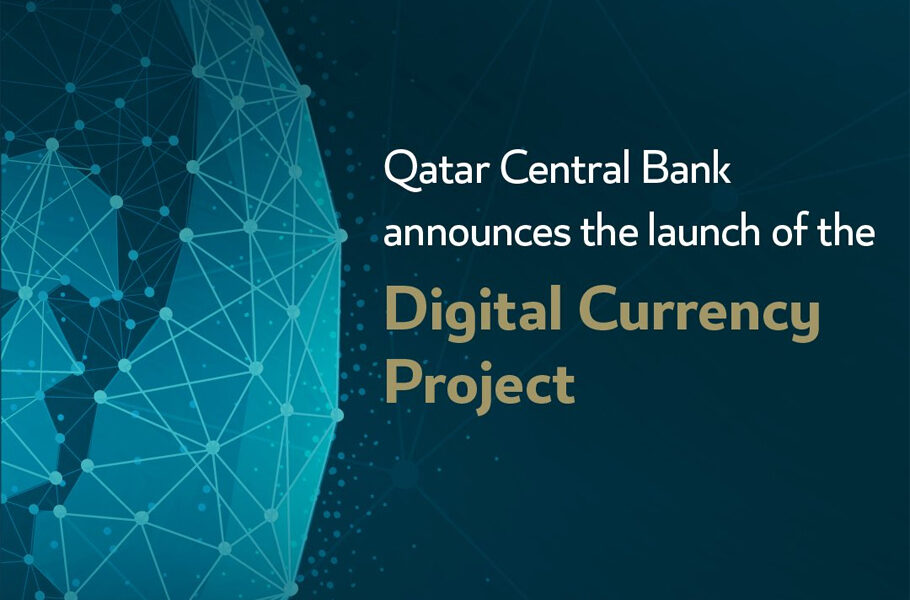The universal adoption of digital technologies in countries across the Middle East and North Africa (MENA) would reap huge socio-economic benefits, amounting to hundreds of billions of dollars each year and a much-needed surge in new jobs, according to a new World Bank report.
The report, “The Upside of Digital for the Middle East and North Africa: How Digital Technology Adoption Can Accelerate Growth and Create Jobs,” offers sound evidence of how the widespread use of digital services such as mobile money and digital payments would boost economic growth. A core reason for this boost is that digital technologies reduce informational costs that constrain economic transactions, and those costs are lower when many more people use the technologies.
The report indicates that fully digitalizing the economy could lead to a rise in GDP per capita of at least 46% over 30 years, or in dollar terms a long-term gain of at least $1.6 trillion. During the first year, this GDP per capita gain for the region would be almost $300 billion, the report estimates. The increase would be more marked in lower-income MENA countries (an increase by at least 71% since gains are driven by closing the access gap to digital technologies. The access gap is wider for non-high-income countries.)
“The gains from shifting to a more digital economy are exponential and governments should do everything they can to remove barriers preventing such a transition. The sooner and faster the push, the bigger the gains,” said Ferid Belhaj, World Bank Vice President for the Middle East and North Africa. “A digital transformation would provide jobs in a region where unemployment is unacceptably high, particularly among the youth and women. With concerted effort, this narrative can change,” he added.
The report predicted universal adoption of digital technologies would double the female labor force participation rate by about 20 percentage points over a 30-year period (from 40 million women to 80 million over that time). Employment by manufacturing firms would increase by at least 5% over 30 years, equivalent to at least 1.5 million jobs over the 30 years and an average of 50,000 more manufacturing jobs a year. Universal adoption would also reduce frictional unemployment from 10% to 7% of the labor force over a six-year period (from 12 million to about 8 million unemployed) and to zero frictional unemployment within 16 years. Frictional, or natural unemployment, is the time incurred by workers searching for new jobs or voluntarily moving jobs. The time taken to match job seekers to openings is substantially reduced through digital technologies such as email, Internet-based job search platforms or networking platforms to more quickly find and compete for positions.
The report highlighted a digital paradox unique to the MENA region. While MENA countries’ populations have embraced social media use – more than expected given their levels of GDP per capita – the populations’ usage of the Internet and digital tools like mobile money to pay for services is lower than expected given country income levels. For example, about 66% of MENA populations use the Internet whereas only 61% do in Latin America and the Caribbean (LAC), and only 54% do in East Asia and the Pacific. Digital payments’ use in developing MENA countries (i.e., non-Gulf Cooperation Countries) is 32% compared with 43% in LAC. With the exception of Iran and United Arab Emirates, most MENA countries have fewer mobile accounts than expected given their income levels. For example, the GCC’s share of population with a mobile money account (21%) is lower than that of Sub-Saharan Africa (24%).
One likely reason for this reticence in using digital technology for financial transactions is a lack of societal trust in government and corporate institutions, and regulations that make the digital transformation more difficult. Policy regulations suggested by the report include opening up MENA’s telecommunications market to more competition, which could help to increase the availability and use of mobile money and digital payments, with the additional benefit of increasing financial inclusion by expanding access to financial accounts.
Action is also needed to strengthen the enabling regulatory framework for e-commerce transactions, including e-signatures, data privacy protections and cyber security. Prioritizing reforms needed to increase the use of digital payments, to overcome the digital paradox, is essential to accelerate the digital economy transformation.

















Leave a Reply